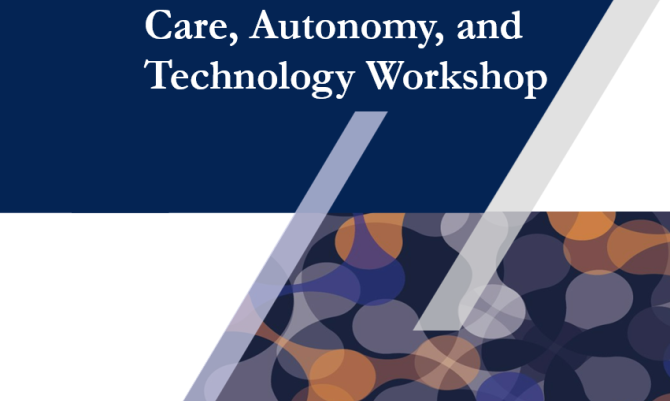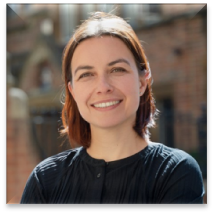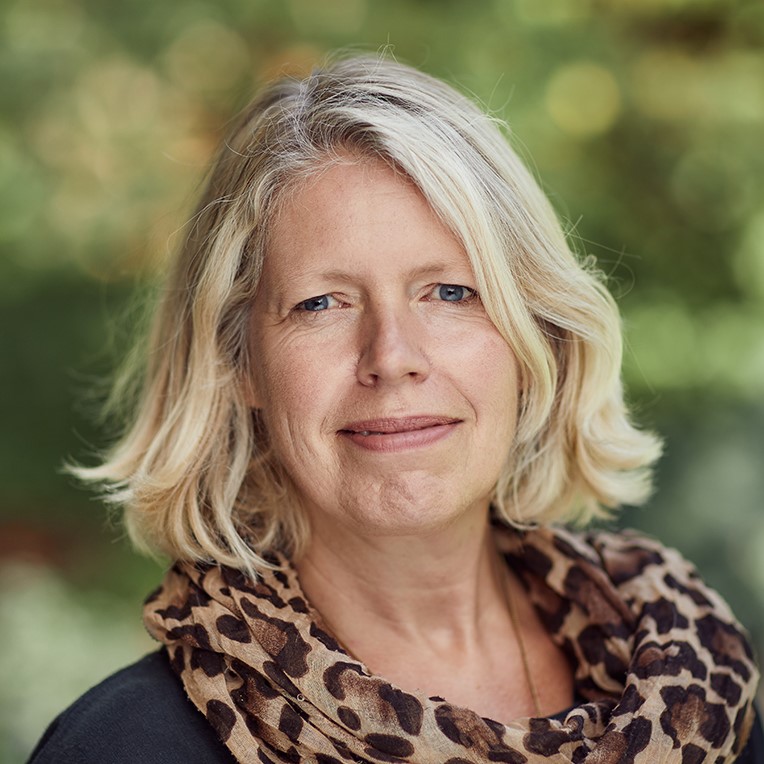
Hosted by Dr Ekaterina Hertog, on Monday, 25th and Tuesday, 26th September.
September 25th
September 25th was an academic workshop open to the general public.
Recordings of the talks from the 25th are available to watch via the Institute's YouTube channel.
To see the full programme and abstracts for this event, please click here.
September 26th
September 26th was an invitation only event held under Chatham House rules.
Discussions at the workshop on the 26th implicated different types of care: safety and wellbeing measures by guardians of children, adult social care provided at home by family and friends, and by carers in formal facilities like hospitals. This care work implicates different actors, dynamics, policies and challenges. While we use the concept of care to understand the actions, services, and measures made to improve health and well-being for different populations, we highlight contestation and power imbalances that have the potential to cause harm to those receiving care. A summary of the key discussion points and insights are covered in the Care, Autonomy, and Technology Workshop Report.
Please refer to the programme for speakers on the 25th September.
Both days were hosted and organised by:

Dr Ekaterina Hertog is the Institute for Ethics in AI's Associate Professor in AI and Society, joint with the Oxford Internet Institute and in association with Wadham College
Ekaterina’s research interests lie at the intersection of digital sociology and family sociology. She leads the ESRC-funded DomesticAI project that scopes new technologies’ potential to free up time now locked into unpaid domestic labour and measures how willing people are to introduce these technologies into their private lives. First research findings are available as pre-prints here: The future(s) of unpaid work: How susceptible do experts from different backgrounds think the domestic sphere is to automation and The future of unpaid work: Estimating the effects of automation on time spent on housework and care work in Japan and the UK.
Co-organisers

Dr Victoria Nash is the Director, an Associate Professor, and Senior Policy Fellow at the Oxford Internet Institute (OII). In the latter role, she is responsible for connecting OII research with policy and practice. Her research interests draw on her background as a political theorist, and concern the normative policy implications of evidence characterising children’s use of Internet technologies. Recent projects have included an analysis of age verification policies as a tool for balancing the interests of children and adults online, and a review of the risks and harms faced by children online. She is currently concluding a funded research project examining the concept of the ‘algorithmic child’ and the data risks posed to children by connected toys and the Internet of Things. She holds several digital policy advisory roles, including membership of the UK Government’s multi-stakeholder UK Council on Internet Safety (UKCIS) Evidence Group, and serves on the Advisory Board of COADEC. She is frequently called on to give expert evidence in UK and EU policy consultations on broader issues such as platform governance.
She is also Course Director of the OII’s annual course for digital policy-makers, the Internet Leadership Academy and the Summer Doctoral Programme for international PhD students.
Prior to joining the OII in 2002, Vicki was a Research Fellow at the Institute of Public Policy Research. She received her D.Phil in Politics from Nuffield College, Oxford University in 1999, having completed an M.Phil in Politics from Magdalen College in 1996, and a BA (Hons) Degree in Politics, Philosophy and Economics before this.

Prof Rachel Murphy is Senior Tutor and a fellow at St Antony’s College. She obtained her doctorate in Sociology at the University of Cambridge in 1999 funded by an external studentship from Trinity College. She was previously a British Academy Post-Doctoral Research Fellow in Development Studies at Cambridge. She is course director for the MSc and MPhil in Chinese Studies, and former Head of OSGA (2014-2018). She teaches the option course ‘The Sociology of China’, and on the core courses ‘Research Methods for Area Studies’ and ‘The Study of Contemporary China.’
Her expertise sits at the intersections of language-based Chinese studies, development studies, sociology and anthropological demography. She also has interests in the intersections of media communications and sociology. Her long-term research has explored social and cultural change occurring in China because of urbanization, migration, education, demographic transformation and state policies. Over twenty years she has conducted ethnography, interviews, documentary research and surveys in villages, townships and cities, and has spent more than six years in mainland China and several months in Taiwan.She sits on the editorial board of Modern China and has previously served on the editorial committees of The China Quarterly (executive), Sustainability, and Sociological Research Online. She is also a former visiting professor at the Department of Education at Hong Kong University and the University of Western Australia Business School.
